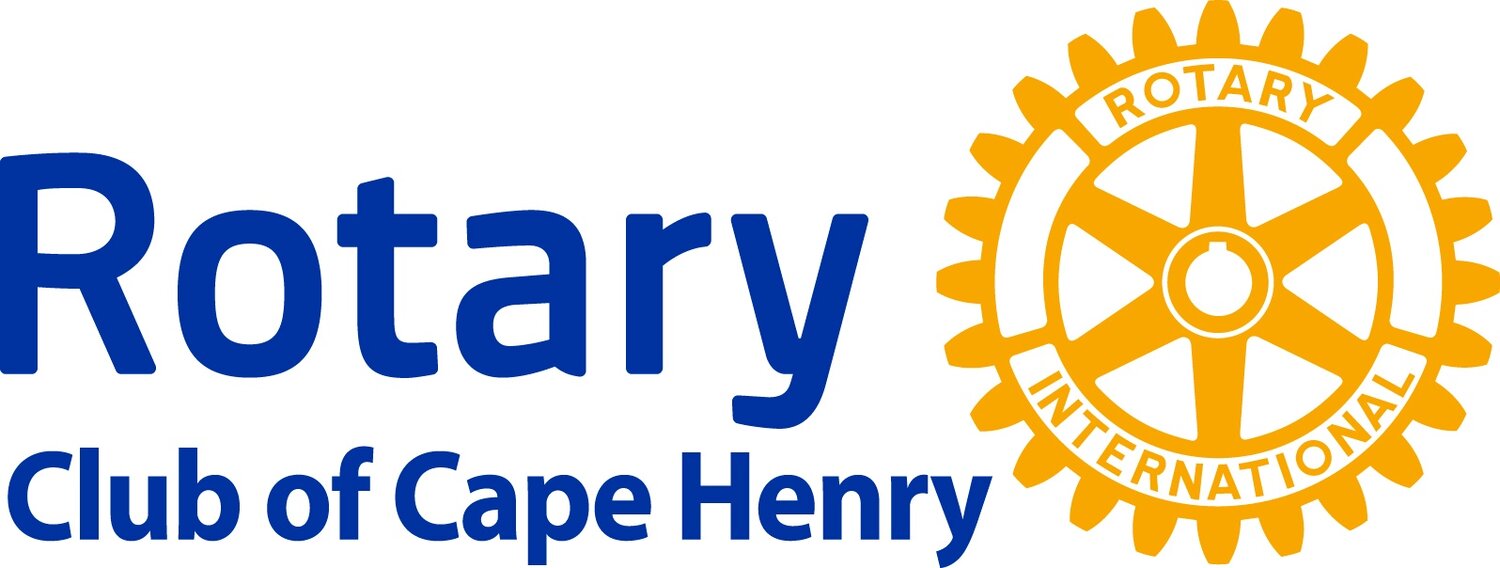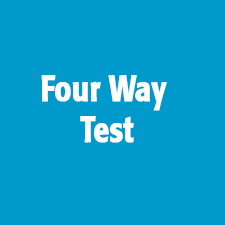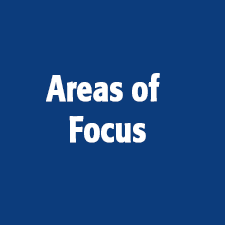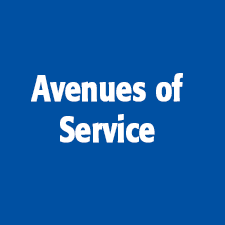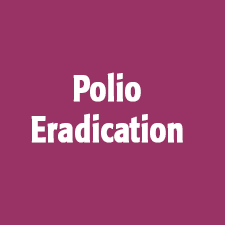4 Way Test
In all things we think, say and do...
From the earliest day of the organization, Rotarians were concerned with promoting high ethical standards in their professional lives.
One of the world's most widely printed and quoted statements of business ethics is The Four-Way Test, which was created in 1932 by Rotarian Herbert J. Taylor (who later served as RI president) when he was asked to take charge of a company that was facing bankruptcy.
This 24-word test for employees to follow in their business and professional lives became the guide for sales, production, advertising and all relations with dealers and customers, and the survival of the company is credited to this simple philosophy.
Adopted by Rotary in 1943, The Four-Way Test has been translated into more than a hundred languages and published in thousand of ways.
It asks the following four questions:
THE FOUR WAY TEST:
Is it the truth?
Is it fair to all concerned?
Will it build goodwill and better friendships?
Will it be beneficial to all concerned?
Rotarian Code of Conduct
As a Rotarian, I will:
1. Act with integrity and high ethical standards in my personal and professional life
2. Deal fairly with others and treat them and their occupations with respect
3. Use my professional skills through Rotary to mentor young people, help those with special needs, and improve people’s quality of life in my community and in the world
4. Avoid behavior that reflects adversely on Rotary or other Rotarians
(Click on one of our branded color squares below to learn more.)
Cape Henry Rotary aligns itself with no particular political ideology and, as such, has a strict policy of not permitting political candidates to speak to the Club during an election year. Elected officials may be permitted to speak to the Club about their specific roles in government but not during an election cycle.
